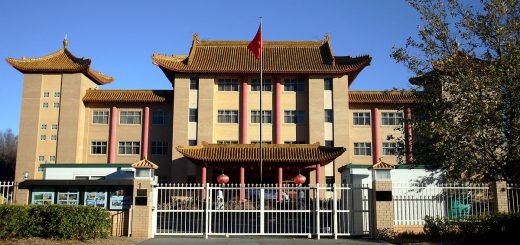Qualcomm-NXP deal scrapped; China trying to shrug off the blame

File photo: Qualcomm/LA Times
Talks of an increase in tensions between Washington and Beijing amplified amidst a trade-standoff that has cast a shadow over the relations between the United States of America and China.
The company, Qualcomm, which is based in the US abandoned the world’s would-be largest semiconductor sector takeover when a set deadline passed without the deal-winning China’s approval. Qualcomm’s NXP semiconductor takeover would have listed at $44 billion. In a statement released by China’s State Administration for Market Regulation (SAMR), it was said that the proposals presented by the firms to work out Chinese antitrust trepidations were insufficient. Nevertheless, they hope to continue communicating with Qualcomm. The two companies have announced major share buybacks and Qualcomm has already paid a $2 billion break fee to NXP. Most likely, however, this move comes too late for a resurrection of this deal.
Mr Andrew Gilholm, director of analysis for China and North Asia at consultancy Control Risks said, “Coming a day after the deadline, my guess is the SAMR statement is meant to counter perceptions the deal approval process was politicized, not to revive it. Of course, this conflicts with the view among many people following the deal that the U.S.-China situation had become the main obstacle, not the competition implications.” China attempted to avoid blame after its regulators failed to go through with what would have been the largest chip acquisition in our history. “This is very classic Beijing strategy,” said Isaac Stone Fish, a senior fellow at the Asia Society’s Center on U.S-China Relations. “It gives them somewhat plausible deniability when they’re having this conversation. They could say, oh yeah, we didn’t have enough information from Qualcomm.” This move might also, to some extent, be a show of economic power by Beijing after Donald Trump’s ideas on putting tariffs on all Chinese goods came to light last week.
Of course, the concerns about China’s ascendancy in the world market further fuelled this trade dispute between the world’s top two economies.
*Neha Hardikar is a Research Intern at The Kootneeti


















